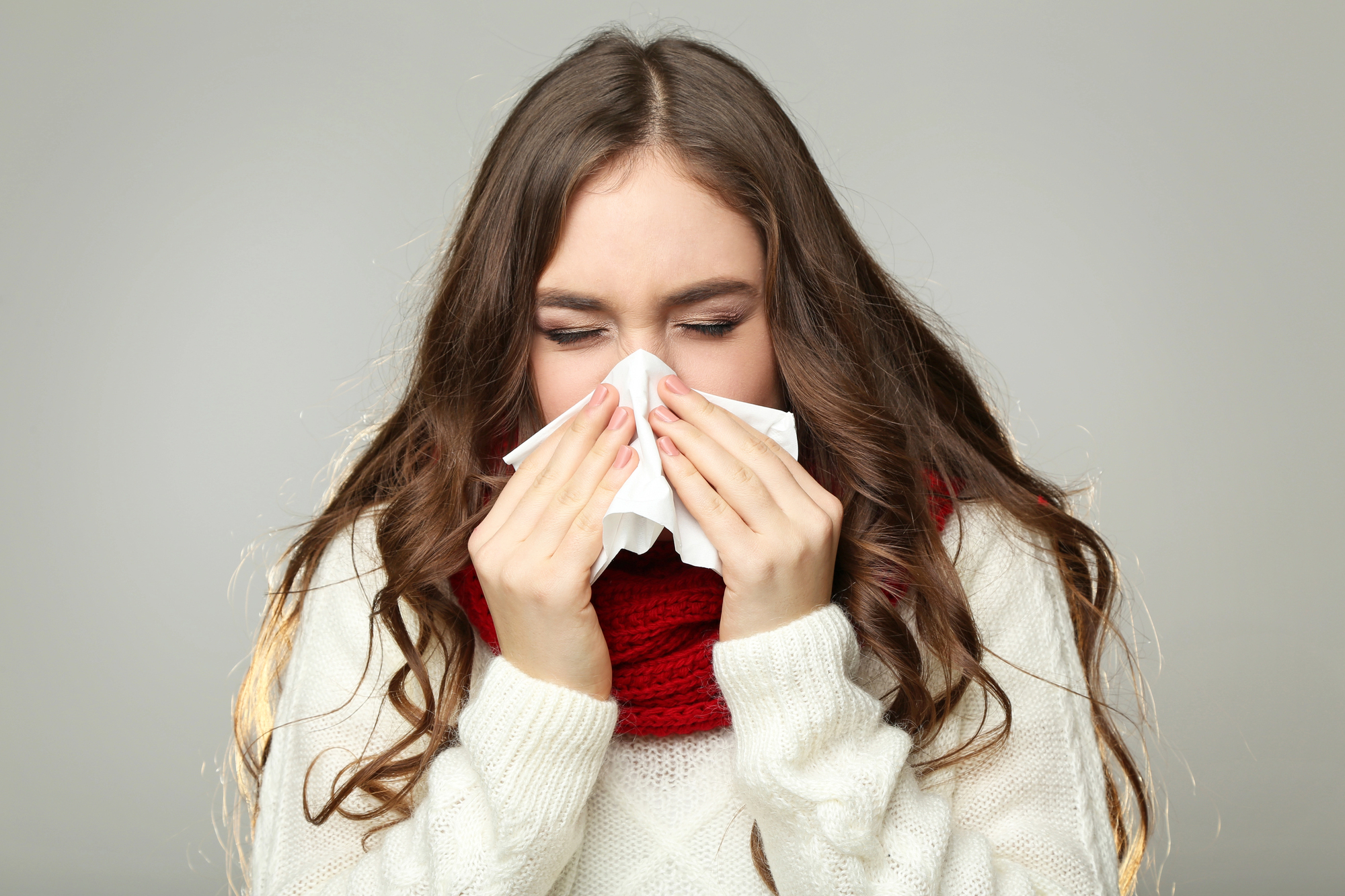Fall Allergies and Your Smile: Insights from a Yorkville Dentist

As cooler days settle in, Yorkville dentist offices often welcome patients with complaints tied to fall allergies. When ragweed, mold spores, and dust begin to flarе, allergic reactions don’t just affect your nose and eyes—they can significantly impact oral health. A dental office in Yorkville is well-positioned to help patients understand these hidden connections and provide tailored dental treatments to keep mouths healthy during allergy season.
How Seasonal Allergies Impact Oral Health
1. Dry Mouth (Xerostomia)
Fall allergies often lead to nasal congestion—forcing you to breathe through your mouth. That alone dries out saliva. On top of that, antihistamines—especially older, first‑generation ones—are notorious for decreasing saliva production. When saliva production is low, harmful bacteria can thrive in the mouth, resulting in cavities and gum disease.
2. Bad Breath (Halitosis)
A dry mouth encourages bacterial overgrowth and acid buildup, both of which contribute to foul breath. Additionally, post‑nasal drip can wash mucus and bacteria into the throat, aggravating bad breath even more.
3. Gum Irritation & Inflammation
Continuous post‑nasal drip may irritate gums and throat tissue, causing redness, swelling, and soreness—making brushing and flossing uncomfortable. That can further increase the risk for gum disease.
4. Sinus Pressure & Tooth Pain
Inflamed sinuses often overlap with the roots of upper molars. This can trigger tooth pain that mimics dental issues and sometimes leads patients to seek unnecessary dental evaluation.
Allergy Medications: Helpful—but with a Cost
Understanding how allergy relief can affect dental health is crucial:
- Antihistamines (particularly diphenhydramine or chlorpheniramine) reduce histamine activity but also suppress saliva production.
- Second‑generation antihistamines like loratadine (Claritin), cetirizine (Zyrtec), and fexofenadine (Allegra) tend to cause less drowsiness—but dry mouth remains a common side effect for many users.
- Nasal steroids or leukotriene inhibitors are generally considered safe for long‑term use, but could still affect oral tissues in sensitive individuals.
- Inhaled corticosteroids (used for asthma or nasal allergies) may sometimes lead to oral thrush—visible as white patches, discomfort, or burning in the mouth.
Oral Health Tips from a Yorkville Dentist
Your Yorkville dentist and the team at a dental office in Yorkville can offer preventive care to counter allergy‑induced risks. Here’s what you can do:
1. Boost Saliva Production
- Stay well‑hydrated—sip water throughout the day.
- Chewing sugar-free gum or sucking on soothing lozenges can help stimulate saliva flow.
- Ask your dentist about saliva‑stimulating rinses or artificial saliva products if dryness is persistent.
2. Optimize Oral Hygiene
- Brush twice daily with a fluoride toothpaste.
- Floss daily or use interdental brushes to clear biofilm between teeth.
- Gently clean your tongue to reduce odor-causing bacteria.
3. Use Alcohol-Free Mouthwash
Alcohol‑based rinses can worsen dry mouth and halitosis. Instead, opt for alcohol‑free antimicrobial rinses or moisturizing formulas that support enzyme action and wound healing.
4. Maintain Regular Dental Visits
Schedule routine cleanings and checkups at your dental office in Yorkville. Let your provider know about any allergy medications you take so they can tailor dental treatments, such as saliva substitutes or fluoride varnish, to your particular needs.
Lifestyle & Allergy‑Season Habits That Help Your Smile
Supporting oral health during fall allergies isn’t just about dental care—it’s also about managing your allergies smartly:
1. Clear Nasal Passages Naturally
- Use saline rinses (e.g., neti pot) or nasal strips to promote nasal breathing and reduce mouth breathing.
- Keep indoor humidity moderate—dry air can worsen congestion and dry mouth.
2. Reduce Allergen Exposure
- Vacuum and dust frequently, and invest in a home air filter.
- Keep windows closed when ragweed and mold spores are high.
- Wash bedding, throw blankets, and linens weekly in hot water to eliminate dust mites.
3. Be Aware of Medication Side Effects
Many over‑the‑counter allergy medications can cause dry mouth as a side effect, which increases the risk of cavities and gum irritation. If you notice persistent dryness, bad breath, or other oral changes while taking allergy medication, bring it up with your physician or allergy specialist. They can assist in determining if the medication is causing the issue and discuss potential solutions.
4. Optimize Diet to Support Mouth Moisture
- Avoid alcohol and caffeine, which can dehydrate.
- Snack on water-rich vegetables like celery or cucumber to naturally boost saliva.
- Eat calcium- and phosphate-rich foods (milk, cheese, nuts) and consider green tea for its polyphenols, which may suppress oral bacteria.
Fall allergies may be seasonal—but their impact on your oral health can last year-round if ignored. When facing dry mouth, gum irritation, or bad breath, consult your Yorkville dentist. A dental office in Yorkville can offer proactive dental treatments, personalized oral care strategies, and advice tailored to allergy‑induced dental risks.
Managing fall allergies isn’t only about clearing your sinuses—it’s also about protecting your smile. With thoughtful oral hygiene, strategic medication choices, hydration, and lifestyle tweaks, you can keep your mouth healthy until allergy season ends.
Don’t let fall allergies affect your oral health. If you’re noticing dry mouth, bad breath, or gum irritation, the team at Ashraf Dentistry is here to help. Our Yorkville dentist provides personalized care and preventive dental treatments to keep your smile healthy all year round.
